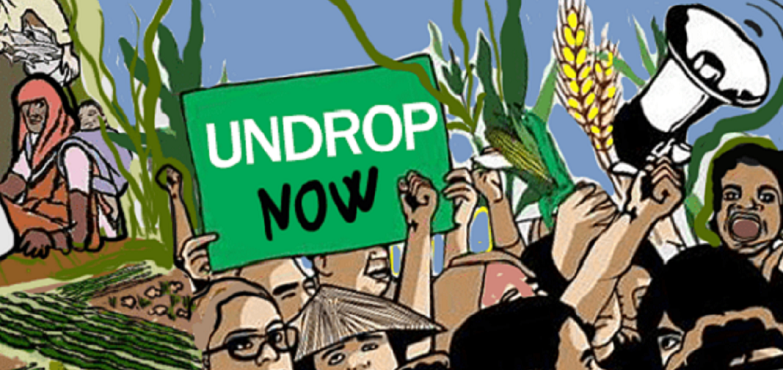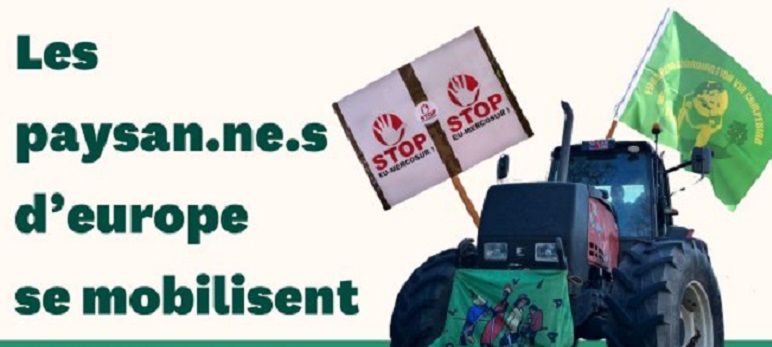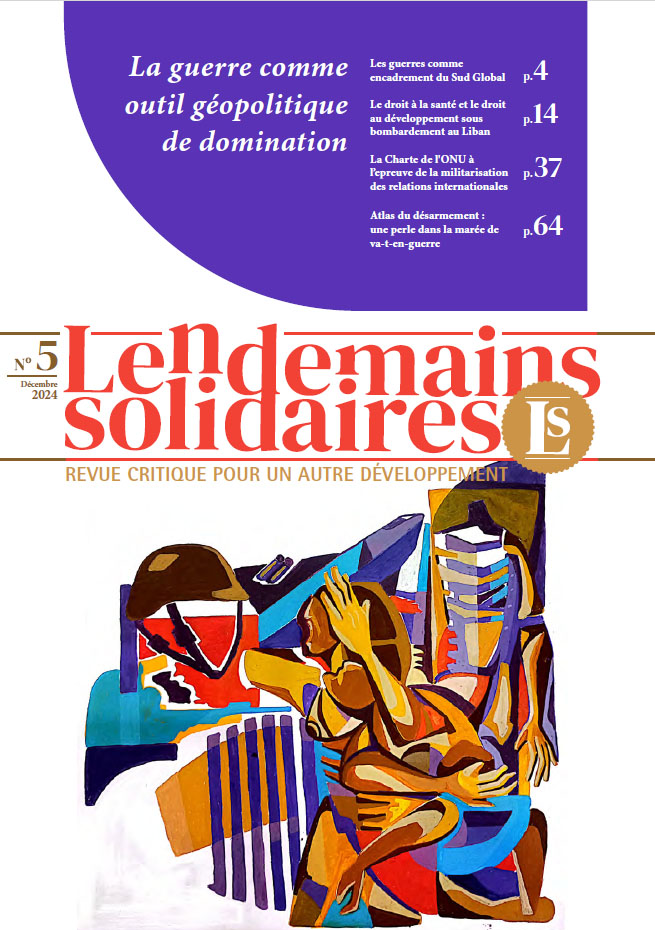CETIM defends victims of human rights violations in the Global South. It supports their representatives in gaining access to and obtaining the intervention of the United Nations protection mechanisms, where required.
Several mechanisms can be activated at the United Nations to get concrete improvements on the ground, in particular the Human Rights Council, the United Nations Special Rapporteurs and the committees that monitor the implementation of the human rights treaties.
CETIM mainly works with peasant organizations, including La Via Campesina, trade unions, organizations and representatives of peasant communities victims of human rights violations.
PRESS RELEASE – La Via Campesina, CETIM, FIAN International Bagnolet, Geneva. In October 2023, during its 54th session, the UN Human Rights Council adopted resolution 54/9, establishing a new Working Group on the Rights of Peasants and other People Working in Rural Areas, comprising five experts from the five UN regions.
Continue reading
The Union of Agricultural Work Committees (a Palestinian peasant organisation and member of La Via Campesina), CETIM and FIAN International conducted a week of advocacy in support of the Palestinian people’s struggle against Israeli colonialist and genocidal oppression. This campaign took place from 5 to 11 March 2024, on the occasion of the 55th session […]
Continue reading
PRESS RELEASE Geneva, January 1st, 2024 – Neoliberal elites want rural populations to pay for the crisis and the “energy transition”. CETIM expresses its solidarity with the mobilisations of peasant organisations over the past weeks in several European countries (starting in Germany and spreading to France, Italy, Belgium, Greece, Romania and Poland, among others). The main […]
Continue reading
PRESS RELEASE Lima, Geneva, Brussels, December 7, 2023 – On December 7, 2022, the impeachment and imprisonment of peasant president Pedro Castillo and the arbitrary takeover of vice-president Dina Boluarte, with the support of the fujimorista bench and other right-wing parliamentary groups, took place in Peru. An event that resurfaced the historical social fractures of […]
Continue reading
With massive state support, the United Nations Human Rights Council created an international monitoring mechanism last October on the rights of peasants, opening a promising new chapter in their implementation. The creation of this mechanism constitutes a crucial step in the process of implementing the UN Declaration on the Rights of Peasants and Other People […]
Continue reading
« Previous
1
2
3
4
5
Next »






